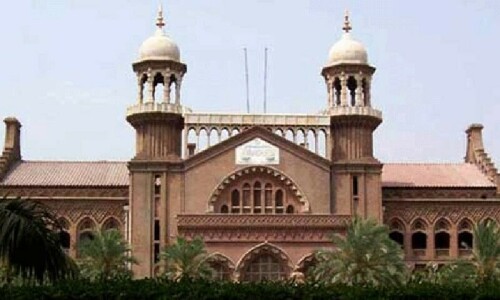India’s parliament outlaws instant divorce for Muslims

NEW DELHI: Indian lawmakers on Tuesday approved a bill to end the Muslim practice of instant divorce two years after the Supreme Court ruled that it violated the constitutional rights of Muslim women.
Law Minister Ravi Shankar Prasad said the bill’s approval by the upper house of Parliament reflects the empowerment of women and India’s changing profile.
The more powerful lower house approved the bill last week. It will become law after India’s president approves it, which is a formality.
Most of the 170 million Muslims in India are Sunnis governed by the Muslim Personal Law for family matters. The law has included allowing Muslim men to divorce their wives by saying “Talaq”, the Arabic word for divorce, three times and not necessarily consecutively, but at any time, and by any medium, including telephone, text message or social media post.
More than 20 countries, including Pakistan and Bangladesh, have banned the practice.
The 99-84 approval on Tuesday was a victory for Prime Minister Narendra Modi’s government. The opposition had blocked the bill for more than a year, as the ruling party lacked majority support in the upper house. A split in the opposition ranks helped the government cross the line.
Ghulam Nabi Azad, a Congress party leader, said the opposition parties were opposed to a clause providing a three-year jail term for a husband who divorced his wife in such a way, arguing that no other religion has such a punishment. The opposition also said the bill had no clarity on spousal support if men were jailed for an instant divorce.
Both houses of Parliament rejected the opposition stand and also refused to refer the bill to a parliamentary committee to consider those provisions.
Published in Dawn, July 31st, 2019













































